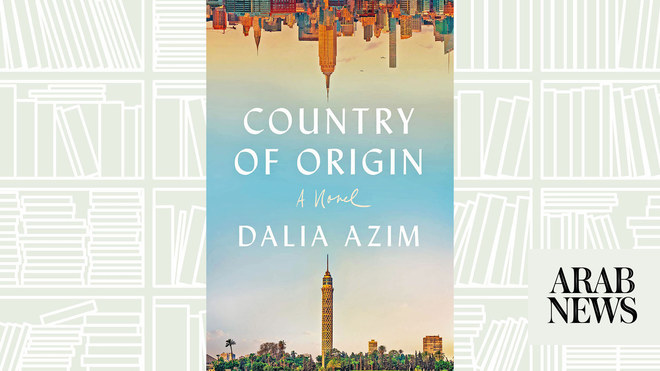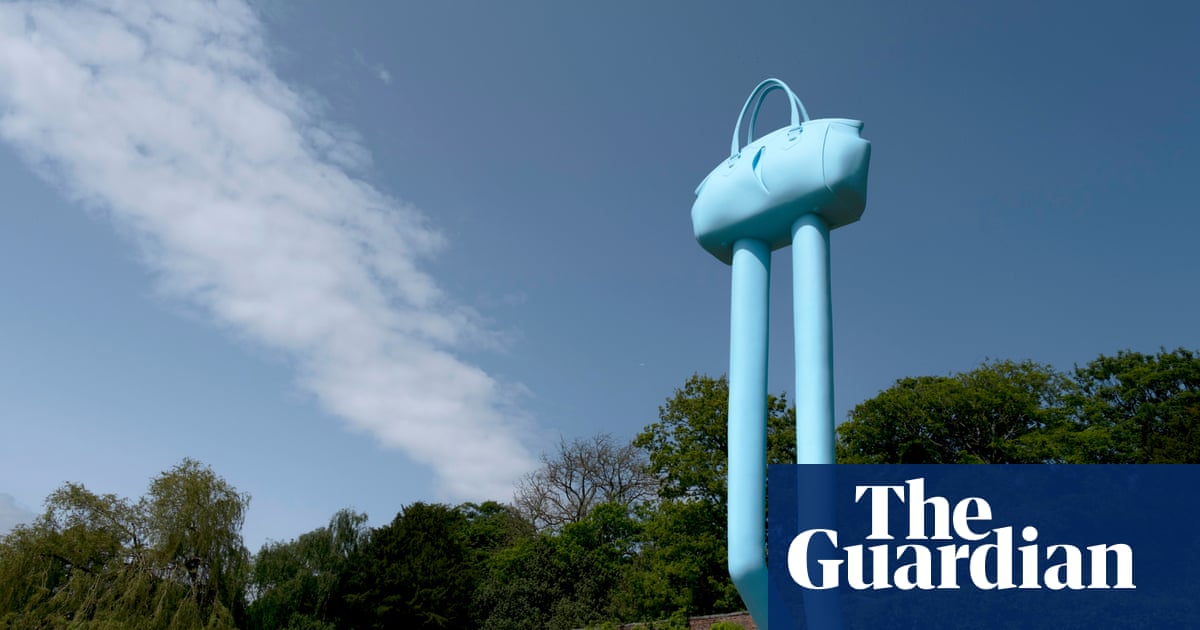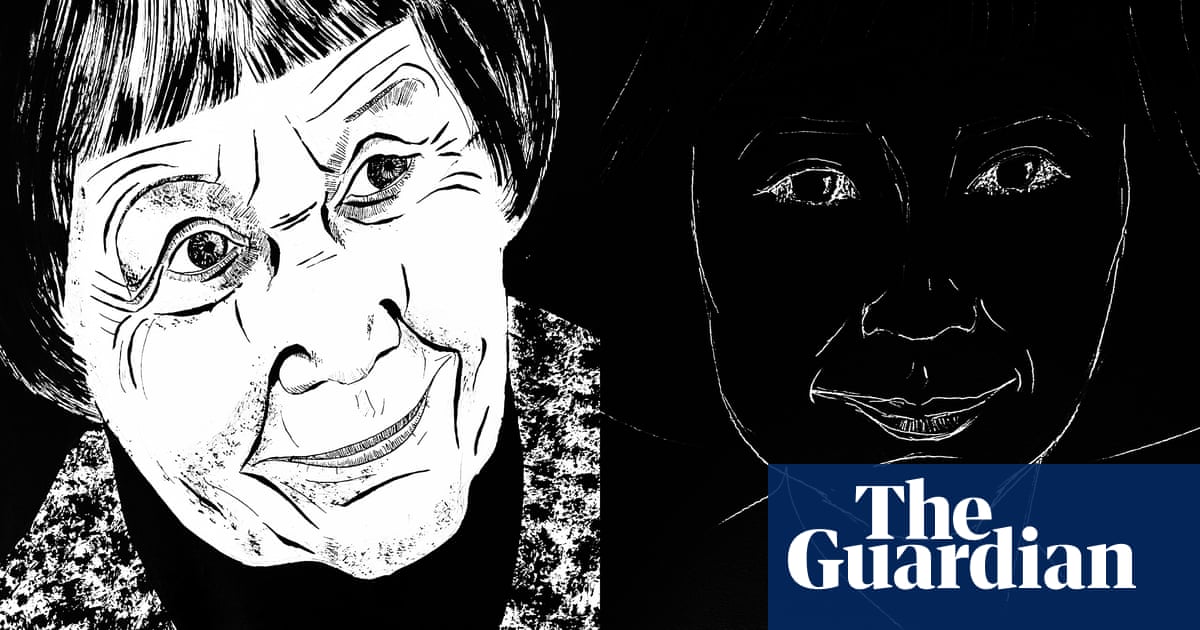
My earliest memory is jumping off a little stone wall in the garden in Australia. I called it my jumping wall. It felt at least 30ft high and enormously brave. It was probably lower than knee height. It’s my first memory of an adrenaline rush. My dad was in the army and we were posted all around the world. I went to Australia on a boat with my family when I was three. It was gorgeous. I learned to speak with a thick Australian accent.
It was a childhood of impermanence: very happy, very unhappy. Nothing lasted longer than two-and-a-half years: friendships, schooling, climate, geography, our home. We were a very loving family, but that was your only constant. That’s why, eventually, my two older brothers and I were sent to boarding school in England. There was this need for equilibrium, steadiness and security. I don’t consider myself to have had an unfortunate childhood. It was just strange.
I’ve always craved belonging. During my childhood, I seldom had that feeling. I felt on the outside looking in. It’s come back to me a lot, playing different characters – this feeling of deep loneliness. I went to London at 17, thinking: “I can be anything I like here.” London’s become where I belong. The acting community has become where I belong.
Acting is what I do with who I am and what’s happened to me. It’s cathartic. I never wanted to do therapy in any sustained way because I thought: “I’d rather act.” If therapy is about releasing stuff into the world so it doesn’t trouble you, that’s what acting does. I’m recycling life experiences.
The moment I met Hugh [Brody, the anthropologist, Stevenson’s partner] something extraordinary happened that had never happened to me before. It felt like, “Oh, there you are…” It was the most profound kind of recognition. I fought it. I was scared of domesticity, commitment, marriage. I wanted children badly, but was ferociously independent. Thank God he put up with me while I went: “Go away. No, come back. Yes. No. Yes.”
I’m scared of anything happening to my children or Hugh or the people I love. I’ve had this terrible bereavement [her stepson Tomo Brody died suddenly last November, aged 37] and so it’s happened. We’re quite scared at the moment. Grief is terribly difficult. You’re not in control. You have to catch up with what’s happening to you.
I’ve always been an optimist. I’m trying still to be one. I’m very skinless. I’m bad at separating myself from world events. I know that sounds ridiculous, but I watch the news and can’t bear not doing anything. A lot of my political activism is driven by a need to process what it makes me feel. I can’t bear that despair. It’s only assuaged by rolling up my sleeves and trying to do something. It’s not altruism. It’s the opposite.
I mainly want to be useful. It’s such an unsexy word, but it’s the word I always come back to because I’m haunted by a sense what I do isn’t important. I passionately believe the arts are essential. That’s separate from how I feel I’m living my life. The voice that you’re not being useful enough will never go quiet.
The perception of women of my age is so reductive, that they are considered invisible and less interesting. The reverse is true. The breach between your life experience and available parts gets wider. I’m on the up escalator – life is getting more and more interesting – but my parts are on the down escalator, getting less interesting. That’s frustrating.
I’d like to be remembered for being kind, fun, a good mum, a loving partner. The work is the work. What we do is ephemeral. Very little will last and that’s OK.












